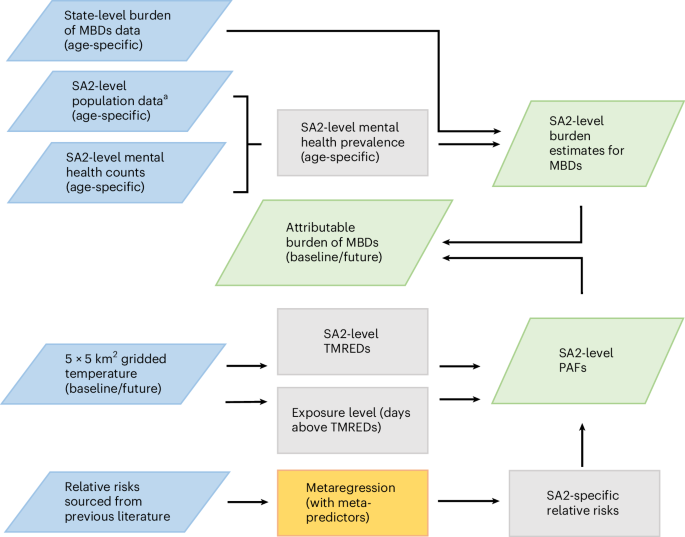A recent review conducted by researchers at King’s College London indicates that the increase in attention deficit hyperactivity disorder (ADHD) diagnoses does not reflect a rise in the actual prevalence of the condition. The study, which analyzed 40 different studies across 17 countries, concluded that ADHD rates have not significantly changed since 2020, even as the number of diagnoses has surged and waiting times for assessments have lengthened.
Many have speculated that heightened social media use and the impacts of the Covid-19 pandemic contributed to an uptick in ADHD cases. However, the researchers argue that increased awareness and acceptance of ADHD may be prompting more individuals to seek help. Dr. Alex Martin, the lead researcher, emphasized that the stable prevalence rates suggest a historical under-diagnosis of ADHD rather than a new epidemic. According to estimates, approximately 3-4% of adults and 5% of children and adolescents in the UK have ADHD, yet only a small fraction has received a formal diagnosis.
ADHD is characterized by challenges with concentration, impulsivity, and time management. The study was published in the Journal of Affective Disorders and coincides with ongoing evaluations by a national taskforce in England, which is assessing the implications of increasing demand for ADHD support across the National Health Service (NHS), education, and justice sectors.
Recent data from NHS England estimates that nearly 2.5 million people in England have ADHD, with over 550,000 currently awaiting an assessment. There has been a monthly increase of 20,000 referrals for ADHD support, marking a 13% rise compared to the previous year. The NHS has acknowledged that patients are experiencing extensive wait times for diagnosis and assessment.
Healthwatch England, a patient watchdog, has advocated for improved support for individuals with ADHD, highlighting that the condition can significantly affect one’s performance in work and education. A recent report from the organization stressed the importance of timely diagnosis for effective management of ADHD symptoms.
Alex, a 32-year-old who shared her experience with Healthwatch, described how receiving a diagnosis allowed her to manage her ADHD better and gain access to medication that improved her ability to care for her daughter. She noted, “I just couldn’t cope with normal things or keep a routine. It made living exhausting.” However, she pointed out that she could only obtain a diagnosis through private healthcare, stating, “I’m lucky I could afford going private, but I know many people can’t.”
Henry Shelford from ADHD UK commented on the long-standing neglect of ADHD and the need for increased awareness and diagnosis. He stated, “Increasing awareness and diagnosis is key to unlocking the talents of over 2 million people in the UK. This is not only beneficial for individuals but also has positive economic implications for the country.”
Professor Edmund Sonuga-Barke, an ADHD expert at King’s College London who was not involved in the study, highlighted the persistent under-diagnosis of ADHD in the UK. He advocated for a broader range of non-drug treatments and therapies to assist individuals in self-managing their symptoms, particularly given concerns about the over-reliance on medication for ADHD treatment. This discussion arises amidst criticism that too many individuals are being prescribed medications for ADHD without adequate alternative support options.



